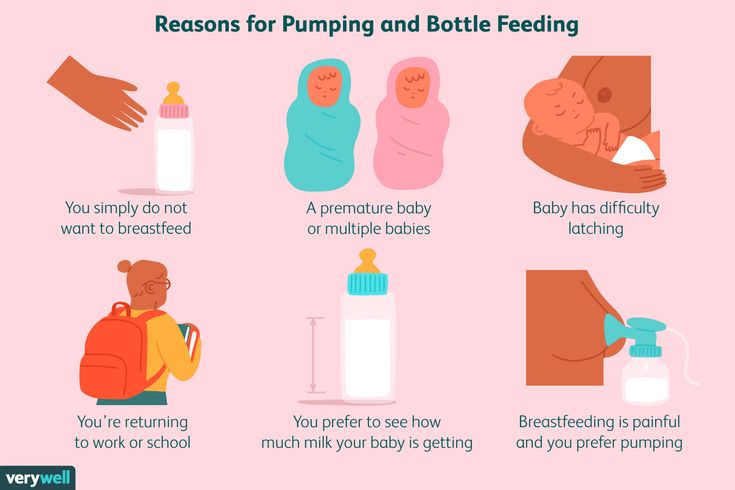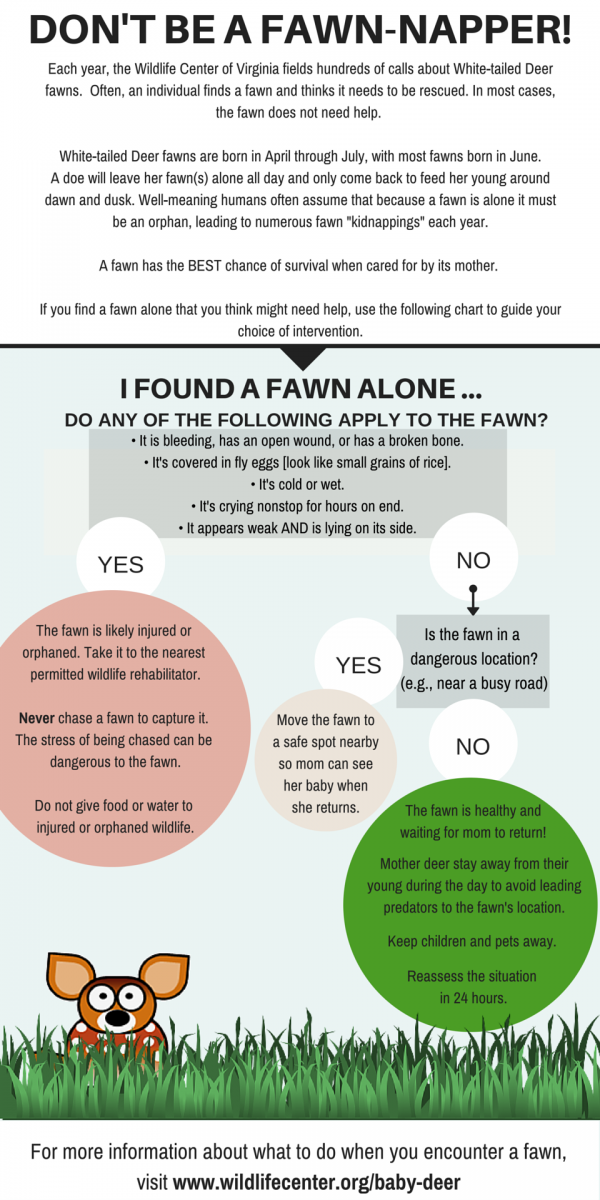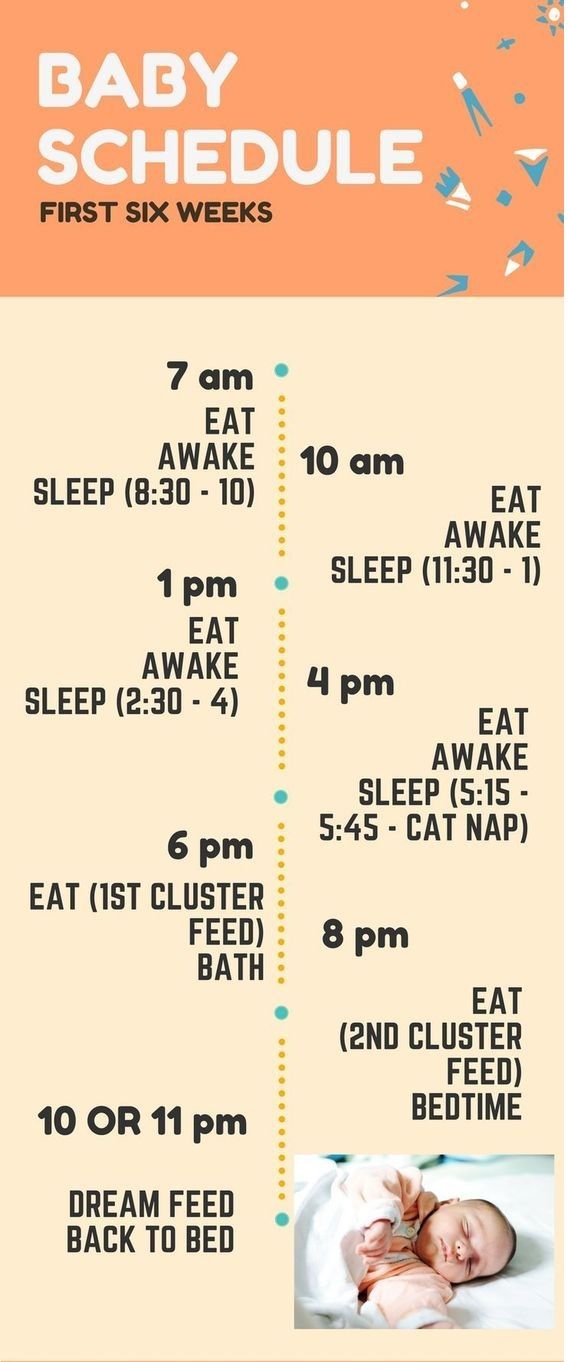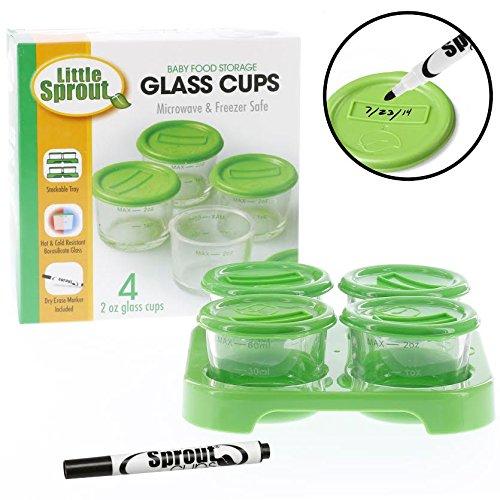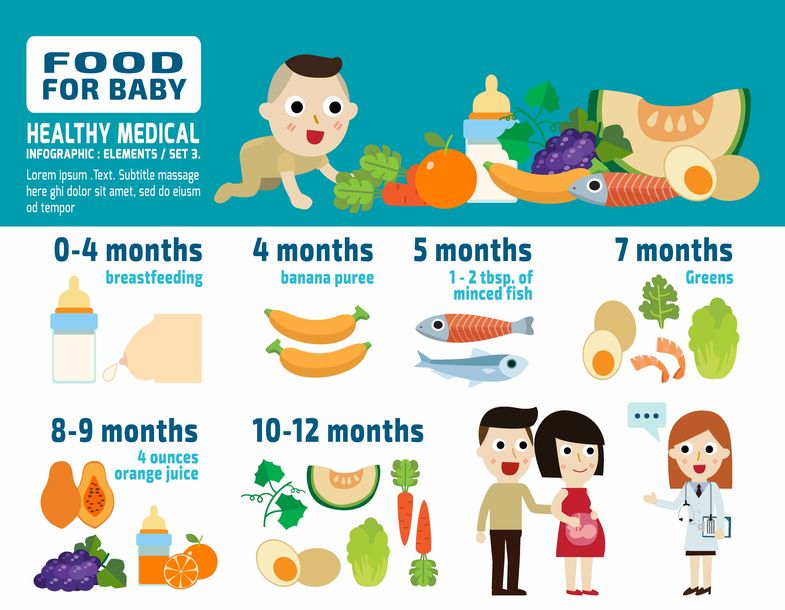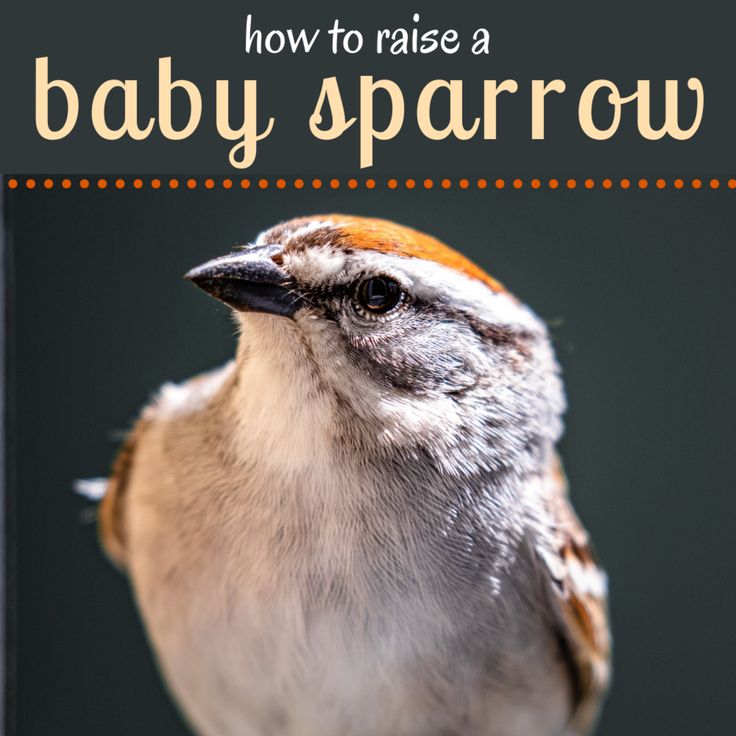How to stop baby falling asleep while bottle feeding
8 Tips To Keep Your Baby From Falling Asleep While Feeding
During the first few weeks of a baby’s life, they do almost nothing but sleep. It is important to enjoy this time. Later, it will seem like they have copious amounts of energy and do not like to fall asleep at all. This is why people keep warning new mothers about getting enough sleep when the baby is sleeping. Sleep will be hard to come by later.
Babies seem to be very sleepy all day and almost seem to struggle to stay awake. Babies are adjusting to life outside the womb, and this is tiring. Also, sleeping during the day can keep them awake at night, and mothers have to find a way to cope. Babies will have their days and nights mixed up.
Falling asleep can also happen during feedings. When a baby is nursing, it is common to see the baby fall asleep at the breast. It is common for babies to fall asleep when their tummy is full. Falling asleep is a natural response to exhaustion. When a baby falls asleep at the breast, the mother can stop feeding to avoid adverse effects. If the baby puts on weight at a healthy pace, there is no harm in falling asleep during nursing sessions.
When the baby moves from breast to bottle feeding, there are some risks of falling asleep. Understanding these better will help you mitigate them.
Here are a few risks that your baby faces when it falls asleep during feeding.
Choking Risks – When babies fall asleep, it is possible that liquid can go into their lungs. This can lead to choking. This is like what happens when food goes down the windpipe when you are eating. This is quite dangerous for the baby. The baby is still developing reflexes. It is not good at waking up if something interferes with breathing.
Tooth Decay – This is not so much risk during breastfeeding. When babies fall asleep during breastfeeding, the mother can stop feeding. If the baby falls asleep with the bottle in the mouth, the liquid or formula can drip into the mouth. This causes the teeth to soak and puts the baby at risk of tooth decay. For this reason, remove the bottle as soon as the baby starts giving signs that it is full. Do not let the baby suckle on the bottle for longer than necessary.
For this reason, remove the bottle as soon as the baby starts giving signs that it is full. Do not let the baby suckle on the bottle for longer than necessary.
Ear Infections – If the baby is lying flat while feeding, the milk or formula can flow into the ear canal. This increases the risk of ear infections. For this reason, the baby must never be given the bottle when lying down. When breastfeeding, hold the baby to raise its head than the rest of its body. You can use your arm to create the tilt. Use a feeding pillow to prop the baby up, or use a baby chair to ensure that the baby is sitting up when feeding.
Dependency – Babies that fall asleep while feeding might link feeding and sleeping. Many new mothers know how babies get cranky before falling asleep, feeding, and sleeping peacefully. But as time goes, this becomes another risk. This habit can be hard to break once it forms. To avoid this, we recommend a different place for feeding to the one the baby uses to sleep. This is after the baby reaches the age of 3 months or more. Keeping the two separate can prevent this habit from forming.
This is after the baby reaches the age of 3 months or more. Keeping the two separate can prevent this habit from forming.
You can introduce babies older than six months to a sippy cup. You should aim to take the baby off the bottle by the time they are a year old. You should not worry too much if the baby does not finish a bottle, as they know when their tummies are full. Here are some tips to keep your baby from falling asleep when bottle feeding:
1. Change their position
Changing positions when the baby is feeding makes sure that they stay awake. When they move about, they tend to stay awake. When nursing, try switch nursing, where you shift the baby from one breast to the other. You can follow the same for bottle feeding by helping the baby switch positions when feeding. This makes sure that they do not get too comfortable in the same position. Putting them in a sitting position will also help them stay awake longer.
2. Burp your baby
Burping your baby involves picking them up and putting them over your shoulder to pat them down. Burping frees up some space in the tummy and removes the feeling of being full. Also, picking up the baby awakes them from the restful state they are in a while feeding. This can help keep them awake.
Burping frees up some space in the tummy and removes the feeling of being full. Also, picking up the baby awakes them from the restful state they are in a while feeding. This can help keep them awake.
3. Remove the bottle
If the baby is sleepy mid-way through the feed, removing the bottle may help them stay awake. Extracting milk from the bottle takes some effort, and the baby will tire from doing this for a while. Removing the bottle gives the baby a break. You can remove the breast from the baby’s mouth during breastfeeding or switch from one to the other. The break from the sensation of feeding will help the baby wake up. It will stay that way for longer, even when you resume feeding.
4. Change their nappy mid-feed
Like picking up the baby or removing the bottle, you can change the baby’s nappy mid-feed. Changing the nappy involves picking up the baby and changing positions all around. This can prevent the baby from feeling sleepy through the rest of the feed. This works better during bottle feeding. The baby may get cranky if it is interrupted mid-feed. While breastfeeding, if you remove the food source so you can change the baby’s diaper, you are bound to have a cranky baby on your hands. \
This works better during bottle feeding. The baby may get cranky if it is interrupted mid-feed. While breastfeeding, if you remove the food source so you can change the baby’s diaper, you are bound to have a cranky baby on your hands. \
5. Stroke their feet
External stimulus can also prevent the baby from falling asleep during the feed. Gentle stimulation of the senses is an excellent way to keep the baby awake. One way to do this is to stroke the baby’s feet when feeding. Stroking the feet invokes a reflex response in babies, which helps them stay awake. Tickling the baby’s feet or swirling a finger on the top of their head can also help with the same response. You can also pat their cheeks gently. All of these gentle actions keep them awake.
Keeping in tune with the stimulation of the senses, another way to do this is to blow air on the cheeks or the forehead. Doing this will keep them alert. Again, you have to do this also in moderation as it can take away the attention from feeding. Over-alerting babies will distract them from what they are doing.
Over-alerting babies will distract them from what they are doing.
6. Give them a toy
Using a toy or a favorite blanket to keep them distracted during feedings can also help them stay awake. This is why you will usually find hanging toys above the crib or little dangling ones on the side of a high chair. Movement keeps them occupied and helps them stay awake.
7. Sing or speak to your baby while they feed
Singing or speaking to the baby helps keep a baby engaged during the feed. This also stimulates the senses and helps the baby stay awake. Playing some music or making noises around the baby can also help do the same. Ensure that the music you are playing or the song you are singing is not too soothing. This will help the baby fall asleep, defeating the purpose of the exercise. Do not play thunderous music around your baby. It could lead to problems with attention and hearing. When many people talk while the baby is feeding, it tends to get distracted. So, it would be best if the mother or caretaker speaks or sings softly to the baby.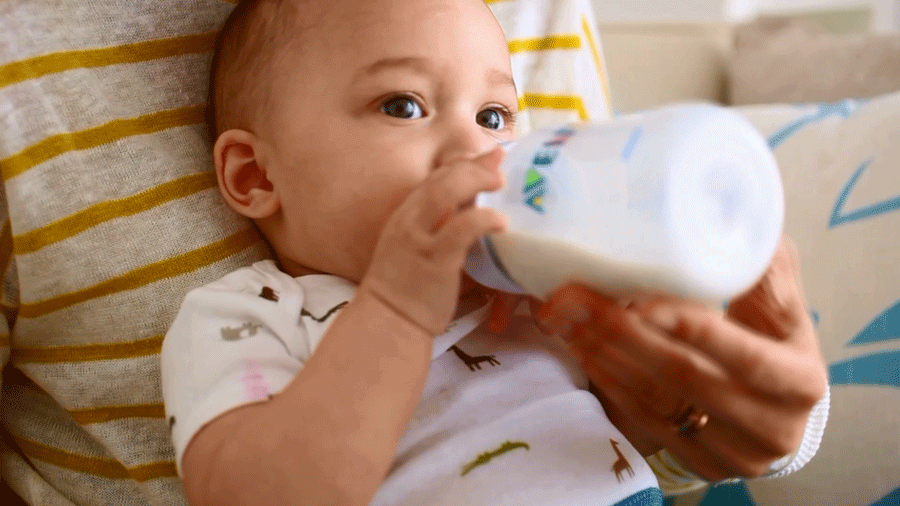
8. Strip the baby down to the diaper
If the baby is too warm, it is more likely to fall asleep when feeding. One way to prevent this is to strip the baby down to the diaper when feeding. The mother can also apply cool washcloths to the baby’s skin to keep them from sleeping. If you think that the baby is too cold, you can drape a breathable blanket over them. Or get them to make skin-to-skin contact with you. Skin-to-skin contact with the mother ensures that the baby stays warm enough. It also assures that you are close and stimulates them that way.
If the baby is still falling asleep during bottle feedings, check the nipple of the bottle. If the milk flow is too slow, the baby might struggle to extract the milk and thus get tired. When the milk flow gets slow, it is normal for a baby to feel bored and go to sleep. If everything is right, consult your pediatrician for supplementation suggestions. The pediatrician can give you tips to keep the baby less tired. If the baby falls asleep during the feed, always throw away any leftover food in the bottle. This is especially for anything that remains in the bottle after an hour. This is because any liquid in a bottle for a long time can get contaminated. Do not store milk or formula in the bottle after the baby has stopped feeding.
This is especially for anything that remains in the bottle after an hour. This is because any liquid in a bottle for a long time can get contaminated. Do not store milk or formula in the bottle after the baby has stopped feeding.
You can break your baby’s association between feeding and bedtime gradually. It is not a quick process. You can reduce and then stop the baby’s nighttime feedings. Reduce the amount of liquid in the bottle by an ounce. Do this over some time. You can also dilute the milk or juice.
There will be a few nights of fussing when the baby does not feed just before sleeping. The baby will take some time to get used to this. This is also an excellent time to introduce a new toy to help them fall asleep without a feed. If you are willing to be patient and wait for a bit, the baby will soon get used to sleeping without feeding.
Keeping Baby Awake During Feeding
Read time: 4 minutes
What to know about babies who fall asleep while feedingUnderstand your baby’s sleep and eating patterns
Tips for keeping your baby awake and alert to feed
When sleeping during feeding can signal a problem
It’s normal and common for babies to fall asleep while feeding, especially while nursing. Breast milk (and even more so suckling at the breast) encourages the flow of “feel good” hormones like oxytocin and cholecystokinin, promoting restfulness and feelings of security and safety.1
Breast milk (and even more so suckling at the breast) encourages the flow of “feel good” hormones like oxytocin and cholecystokinin, promoting restfulness and feelings of security and safety.1
Newborns have a lot of growth and development happening in those early weeks, and their bodies need a lot of sleep and nutrition to help that happen. Given that they need to eat and sleep so much, sleepiness with feeding is bound to happen.1,2
Is a sleepy baby ever a problem?Despite well-meaning advice to the contrary, feeding to sleep is not a negative, nor does it create associations that will trap parents into this pattern forever. The associations between feeding (especially breastfeeding) and sleep are biologically linked and usually nothing to be concerned about.1
A baby who is well-fed and meeting their weight and development goals will often fall asleep after a good feeding. A good feeding can be recognized as one that includes vigorous suckling and ends with a relaxed, cozy, “milk drunk” look.4
A good feeding can be recognized as one that includes vigorous suckling and ends with a relaxed, cozy, “milk drunk” look.4
While falling asleep after a feed is usually nothing to worry about, the below signs could indicate that baby is having difficulty with eating and means that you should talk with your baby’s doctor or a lactation consultant.
Signs baby baby may be having difficulty with feeding, resulting in sleepiness:
Fall asleep quickly: before going onto the breast or bottle or after just a few suck/swallows
Have irregular bursts of suckling and swallowing
Still look tense even if they do fall asleep
May have weight gain issues5,6
Should you want to discuss your sleepy baby, our expert dietitians and breastfeeding specialists are also available to chat Mondays – Fridays 8 AM – 6 PM ET and Saturdays - Sundays 8 AM – 2 PM ET. Chat now!
Chat now!
Try undressing baby or changing baby’s diaper.Newborns can be sleepy, so this technique works best with them, especially if they are working through some feeding issues like having just gotten a tongue tie fixed or if baby was born a little early.6,7
Additionally, a warm baby can be a sleepy baby! Keep baby cool, rub baby’s back, or run your finger across their cheek and chin. This can be done for both bottle and breastfeeding babies.8
Do breast compressions if you are nursing at the breastCompressions can be particularly effective for a sleepy baby. This action helps increase the flow of milk, which can be helpful for a baby who is having trouble sustaining a full feeding session.8
When you notice baby not drinking or the drinking/swallowing has slowed down, give your breast a squeeze (but not so strong that it hurts).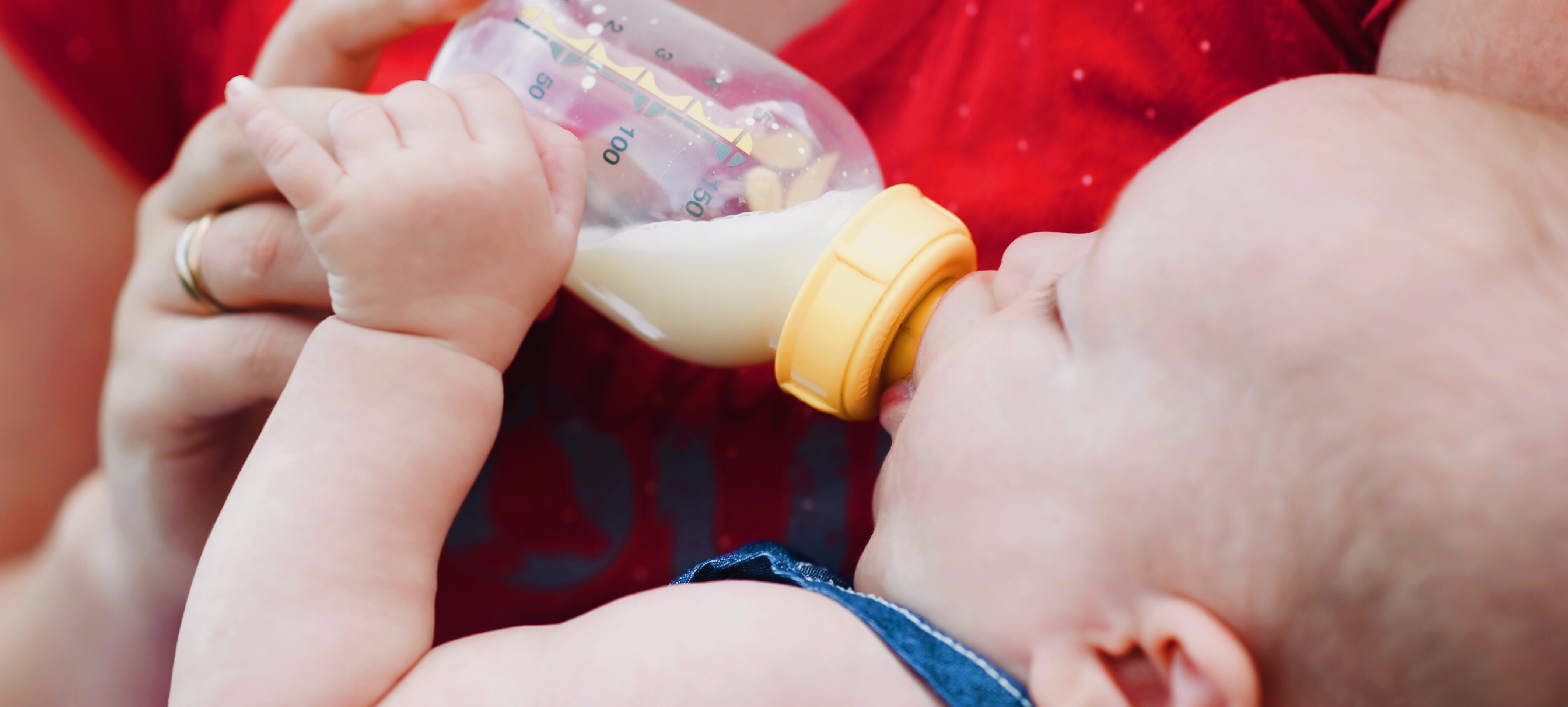 You should see baby’s suckling start to pick up. Keep squeezing until baby slows down their suckling again.8 You can repeat this as often as you would like.
You should see baby’s suckling start to pick up. Keep squeezing until baby slows down their suckling again.8 You can repeat this as often as you would like.
Babies are primed to eat when they need to, and restriction or a strict schedule can lead to underfeeding, which can cause even more issues with sleepiness.7,10 A fed baby is a stronger and more alert baby.
Note that you may need to wake baby to feed if your newborn is eating less than 8 times per day, is having trouble gaining weight, and/or is sleeping a 4 hour or more stretch more than once per day.7
Read more:Breastfeeding On Demand Vs. On a Schedule
Supplement with more breastmilk or formula if neededIt’s okay to supplement if needed to help keep baby meeting their nutrition needs while feeding concerns are being investigated.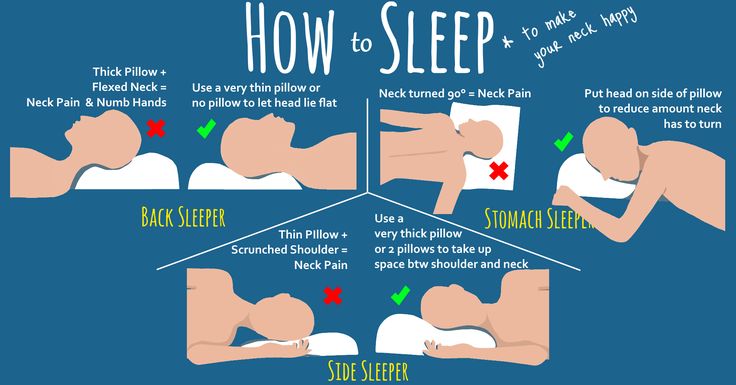 Supplementation can be with expressed breast milk, donor breast milk, or formula if the first two aren’t available.
Supplementation can be with expressed breast milk, donor breast milk, or formula if the first two aren’t available.
Supplementing a small amount prior to nursing at the breast will allow baby to finish at the breast and take their fill.11
Read more:
How Do I Supplement my Breastfed Baby with Formula?
Dealing With a Low Breastmilk Supply
If baby is bottle feeding, try a different nipple size or shapeSome babies (especially those with a tongue tie or other issue) may have trouble getting their mouth around certain nipples and this can cause feeding to be harder than it needs to be. If you change nipple sizes, be careful that the flow is not too fast for baby. You can try feeding baby upright to help them pace themselves.
Read more:
What Is Paced Bottle Feeding?
Choosing the Best Bottles and Nipples for your Baby
If you are breastfeeding, try switching breastsSimilar to compressions, the faster flow of the previously unused breast may help keep baby awake.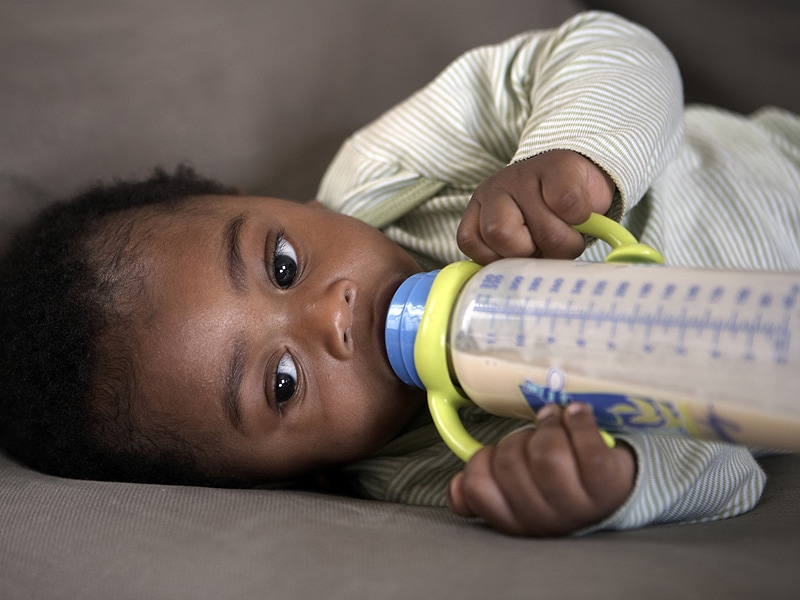 12
12
Sometimes babies are not getting enough milk, and therefore become sleepier, because they are not latching well. This is because a shallow or poor latch may prevent baby from transferring an adequate amount of milk.6 Sometimes simply changing breastfeeding positions can help baby latch deeper; occasionally a bit more adjustments are needed.
Contact a lactation consultant for a full assessment if you suspect baby is not latching well.
Read more:
6 Breastfeeding Positions for You and Your Baby
Top Breastfeeding Latching Tips
Ask for helpIf baby is having trouble staying awake even with the above techniques, feedings take an excessively long time (40 minutes or longer consistently), baby isn’t gaining weight appropriately, or is difficult to wake, call your baby’s doctor ASAP.7,12
Let's Chat!We know parenting often means sleepless nights, stressful days, and countless questions and confusion, and we want to support you in your feeding journey and beyond.
Our Happy Baby Experts are a team of lactation consultants and registered dietitian nutritionists certified in infant and maternal nutrition – and they’re all moms, too! They’re here to offer personalized support on our free, one-on-one, live chat platform Mon-Fri 8am-6pm (ET), and Sat-Sun 8am-2pm (ET). No appointment needed, no email or sign-up required. Chat Now!
Read more about the experts that help write our content!
For more on this topic, check out the following articles:Breastfeeding: How to Support a Good Milk Supply
How To Deal with Nursing Strikes while Breastfeeding
Feeding Tips for Healthy Weight Gain in Babies and Toddlers
How Much Formula Does My Baby Need?
Sources
Baby won't take a bottle | Philips Avent
search support iconSearch Keywords
Home ›› What to do when your baby refuses a bottle
↑ top
any problems. If your breastfed baby refuses a bottle, don't worry.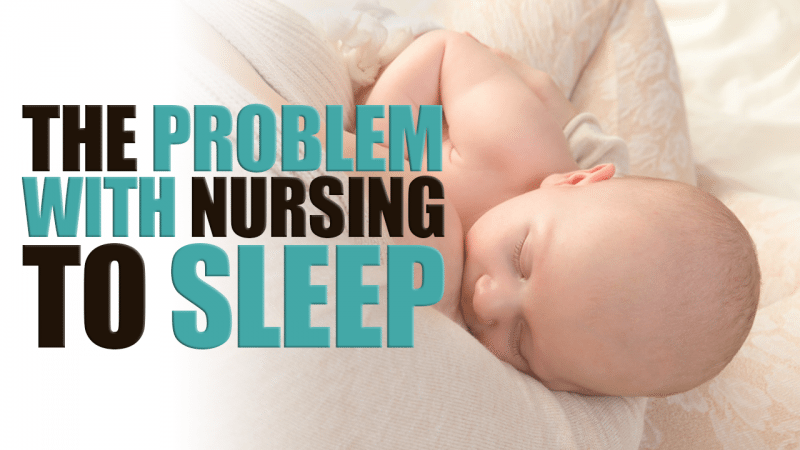 This is a common occurrence in many babies who are used to breastfeeding. Obviously, this can create certain difficulties for moms, especially if you need to return to work in the near future. nine0003
This is a common occurrence in many babies who are used to breastfeeding. Obviously, this can create certain difficulties for moms, especially if you need to return to work in the near future. nine0003
3 Philips Avent products to help you bottle feed:
So why is your baby refusing to bottle and crying? There are many ways to quickly and easily teach a breastfed baby to a bottle. Here are important tips on what to do when your baby refuses a bottle.
Is the baby refusing the bottle? Take a step back
If your baby cries while bottle feeding, the first thing to do is to start over and rethink your feeding approach and technique. Try the following steps when bottle feeding your baby: [1]
- Lift and tilt your baby's head forward. Before inserting the pacifier into the baby's mouth, make sure that the baby's head is raised and tilted over his body to avoid choking: so that the baby does not choke and have the opportunity to burp during bottle feeding.

- Insert the pacifier. Bring the pacifier to the baby's lips and gently guide it into the baby's mouth. In no case do not try to press the nipple on the baby's lips and try to push it into his mouth. After touching the pacifier to the baby's lips, wait for the baby to open his mouth and take the pacifier. nine0036
- Hold the bottle at an angle. Tilt the bottle at an angle so that the nipple is only half full. So the child can eat at his own pace.
- Let the baby burp during and after feeding. It can be useful for a child to burp not only after feeding, but also approximately in the middle of the process. This will help reduce gas or tummy discomfort that your baby may experience from swallowing too much air.
- Stop in time, do not overfeed the baby. If the baby begins to turn his head away from the bottle or closes his mouth, then he is full and you need to stop feeding.
- Perhaps the flow of milk from the nipple to the baby is weak or, on the contrary, too fast, so he is naughty and refuses the bottle.
 Try changing the nipple to a nipple with a different flow.
Try changing the nipple to a nipple with a different flow.
Other tips if your baby refuses the bottle
If you've followed the steps above and your baby still refuses the bottle, don't worry. There are other ways to help bottle feed your baby. Here are some simple tricks you can add to your bottle feeding process. nine0029 [2]
1. Remind your child about mom.
Sometimes a child can be fed by someone other than his mother - dad, grandmother or, for example, a nanny. If your baby fusses while bottle feeding, try wrapping the bottle in something that smells like mommy, like a piece of clothing or some fabric. This will make it easier to feed the baby when the mother is not around.
2. Try to maintain skin contact while bottle feeding. nine0006
Some babies need contact with their mother, so try bottle feeding while leaning against you. However, some babies are better at bottle feeding when they are in the exact opposite position than when they are breastfed. For example, there is a position with bent legs. Lay the child on your bent knees, facing you, pointing the child's legs towards your stomach. During feeding, the baby will be able to look at you and contact you in this way. If your baby refuses a bottle, experiment to see which works best. nine0003
For example, there is a position with bent legs. Lay the child on your bent knees, facing you, pointing the child's legs towards your stomach. During feeding, the baby will be able to look at you and contact you in this way. If your baby refuses a bottle, experiment to see which works best. nine0003
3. Move while feeding.
Sometimes all it takes to get your baby to take the bottle is a little wiggle or walk. The next time your baby starts crying while bottle feeding, try moving around a little rhythmically to calm him down.
4. Try changing the milk temperature.
If the baby still does not want to take the bottle, check if the milk in the bottle is too hot or too cold. Before feeding, put some warm breast milk on the inside of your wrist to check the temperature. Milk should be warm, but if it seemed hot to you, just place the bottle for a short while under a stream of cold water. nine0003
Choosing the right bottle for your baby If you plan to combine bottle feeding with breastfeeding, it is advisable to choose bottles with a nipple that will have a wide base as the bottle will grip closer to the breast.
 Also pay attention to the fact that the nipple is firm and flexible, the child must make an effort to drink from the bottle, as well as from the breast. Give preference to nipples with an anti-colic valve that vents air out of the bottle. nine0003
Also pay attention to the fact that the nipple is firm and flexible, the child must make an effort to drink from the bottle, as well as from the breast. Give preference to nipples with an anti-colic valve that vents air out of the bottle. nine0003 Natural bottle allows you to combine breast and bottle feeding. 83.3% of babies switch from a Natural bottle to breastfeeding and back.*
If you choose a bottle for artificial feeding, traditional bottles are fine, but it is desirable that the nipple is made of a hypoallergenic material, such as silicone, has an anti-colic valve and did not stick together when bottle fed. In case your baby spit up often, then use special bottles with anti-colic and anti-reflux valve, which reduces the risk of spitting up and colic.
Bottle with unique AirFree valve reduces the risk of colic, gas and spitting up. With this bottle, you can feed your baby in an upright or semi-upright position to reduce spitting up. Due to the fact that the nipple is filled with milk and not air during feeding, the baby does not swallow air, which means that feeding will be more comfortable.
Both bottles are indispensable if you want to breastfeed, bottle feed or just bottle feed your baby. nine0003
“My baby refuses to breastfeed but bottle feeds – help!”
Sometimes a baby gets used to bottle feeding and refuses to breastfeed. Therefore, it is important to use bottles that are suitable for combining breastfeeding with bottle feeding. If, nevertheless, you are faced with the fact that the child refuses to take the breast, try using silicone nipple covers to make the transition from the bottle to the breast and back more imperceptible. nine0013
Remember that if you want to combine breastfeeding and bottle feeding, it is worth waiting at least a month before offering a bottle, so that you are lactating and have time to get used to each other and develop a breastfeeding regimen.
Breastfeed and bottle feed your baby with pleasure
Remember that it takes a while for your baby to get used to bottle feeding. This is completely normal. If you have to go to work, be sure to set aside enough time to bottle train your baby beforehand. nine0013
This is completely normal. If you have to go to work, be sure to set aside enough time to bottle train your baby beforehand. nine0013
Remember that every child is different, so what works for one may not work for another. With a little time and patience, you will find out what works best for your baby when he refuses a bottle.
You will identify your child's unique needs. However, if your baby still refuses the bottle after all the steps above, check with your pediatrician.
Articles and tips from Philips Avent
References:
*O.L. Lukoyanova, T.E. Borovik, I.A. Belyaeva, G.V. Yatsyk; NTsZD RAMS; 1st Moscow State Medical University THEM. Sechenova, "The use of modern technological methods to maintain successful breastfeeding", RF, 10/02/2012 3 llli.org - The Baby Who Doesn't Nurse
llli.org - Introducing a Bottle to a Breastfed Baby
Baby+ app
Download the app and track your child's development and growth with trackers and save those special moments forever.
Download app:
You are leaving the Philips Healthcare (“Philips”) official website. Any links to third party websites that may be included on this site are provided solely as a convenience to you. Philips makes no warranties regarding any third party websites or the information they contain. nine0003
I understand
You are about to visit a Philips global content page
Continue
You are about to visit the Philips USA website.
I understand
How to wean a baby from night feedings with a bottle or breast
From birth to half a year, frequent meals for babies are a physiological norm. Breast milk or formula is absorbed very quickly - within 2-3 hours. And the baby needs to eat again to provide himself with the necessary nutrients for normal weight gain and development. nine0013 Parents in the first months of life will have to restructure their rest schedule so that the baby gets food both day and night.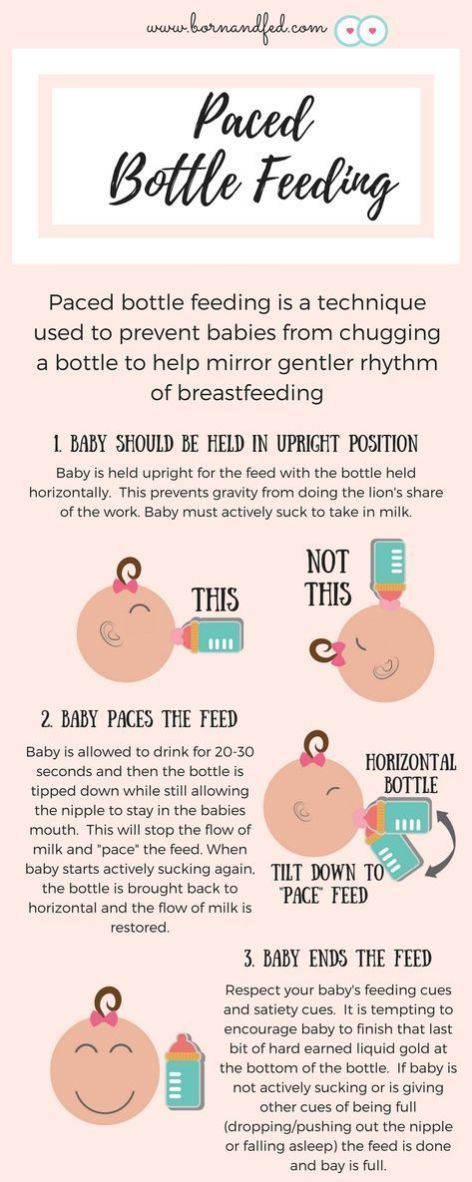 However, there comes a time when there is no need for such frequent snacks, especially at night. When this happens, how to determine if the baby is hungry at night, and how to stop night feedings and start getting enough sleep, we will analyze in this article.
However, there comes a time when there is no need for such frequent snacks, especially at night. When this happens, how to determine if the baby is hungry at night, and how to stop night feedings and start getting enough sleep, we will analyze in this article.
Is it worth weaning the baby from night feedings
Once eating at night is no longer a necessity, there is nothing to stop parents from breaking the habit if they want to. nine0013 It is important to remember that for a child, the process of feeding is also a way to communicate with his adult. When breastfeeding, babies receive their mother's warmth and attention, for which they can wake up and ask for breasts at night.
Psychologists recommend weaning from night feedings so as not to cause psychological trauma to the child.
Until what age should you feed at night
Since the introduction of complementary foods, and this is about 6 months, the child is able not to wake up at night to eat. And after a year, his need for night food definitely disappears. nine0003
And after a year, his need for night food definitely disappears. nine0003
Some babies, already at 3-4 months, let their parents sleep, but this is rather an exception. As soon as the baby switches to solid food, which takes longer to digest, the frequency of feeding decreases. And satiety time increases. And this means that it is quite realistic to stop nighttime snacking, providing the child's needs for food and communication during the day.
How do you know if your baby is ready to stop snacking at night
Your child does not need to be fed at night if he: nine0003
- Doesn't eat at night, but rather plays with breast or bottle;
- Does not finish the portion;
- Stops acting up if you pick him up and shake him.
In all cases, the need is obvious not so much for hunger as for communication with an adult. Perhaps something is bothering him - hot or cold, stuffy, or he just had a good night's sleep and needs to "walk" in order to fall asleep again.
Children on breastfeeding are more difficult to wean from night feedings than artificial ones. They have more attachment to the chest. Therefore, the weaning process often takes several weeks. During this time, parents need to be patient in order to survive the nightly whims. It's important to be consistent so you don't go back to feeding after you've decided to stop. nine0003
Next, we’ll talk about how to replace night feedings and how to facilitate the transition to uninterrupted sleep for you and your baby.
Basic rules for weaning your baby from night feedings
The task of the parent is to provide the physiological and psychological needs of the child during the day, so that he sleeps peacefully at night.
- Spend more time with your child during the day than usual so that he receives attention, affection and care - after all, this is his important need, for the sake of which he is able to wake you up in the middle of the night.
 nine0036
nine0036 - Go for a long walk, keep your baby active between naps.
- Bathe your baby shortly before the last feed.
- And feed him well at night, and let the penultimate meal be light.
- Provide a comfortable temperature, humidity and enough oxygen in the room.
- Feed your baby again before going to bed yourself. To do this, it is allowed to wake the baby. If you wake him up and feed him at 11-12 at night, then it is likely that he will sleep until 5-6 in the morning. nine0036
- Feed him a special nighttime formula that contains slow-digesting carbohydrates to keep him feeling full all night.
How to wean from nighttime breastfeeding
Gradually, the baby needs to be made clear that he will not receive food and breasts at night, for this, follow the recommendations:
- Instead of breasts, give a bowl of water.
- Separate your baby or wear a closed underwear so that he has limited access to his mother's breast.
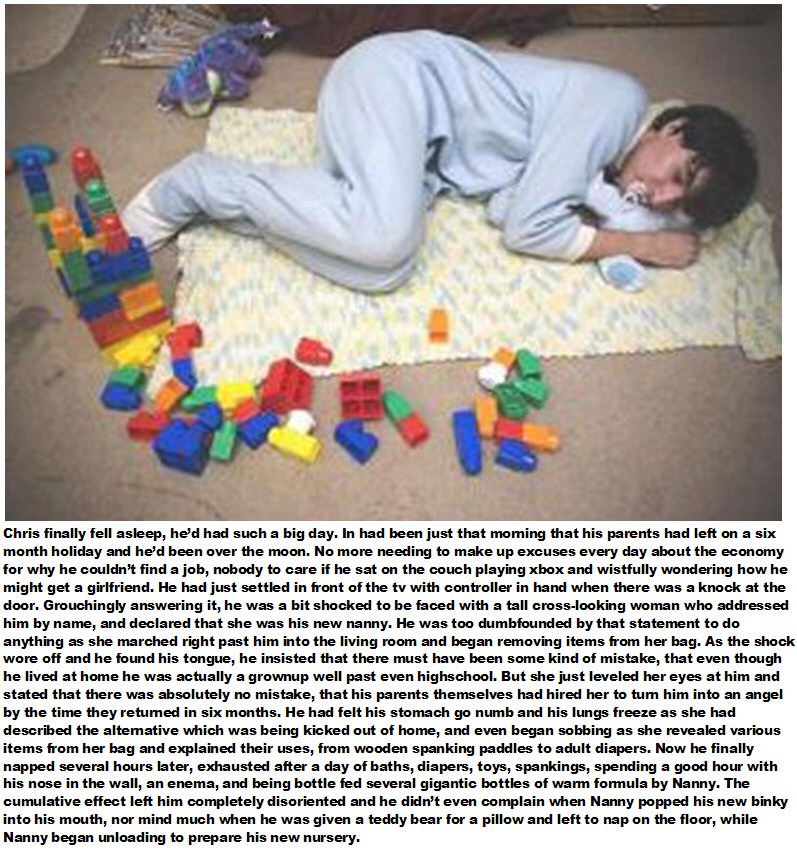 nine0036
nine0036 - Arrange with dad to get up to calm the child at night. In this case, you will not only get enough sleep, but also avoid the temptation to take pity on the whims of the little one and give breasts.
How to wean from artificial feeding at night
Swap out the formula bottle for a bowl of water. And after a while, the baby will get used to the fact that he does not receive a bottle, which means that there is no point in waking up to eat.
Bad time to stop feeding at night
If your usual routine of life is disturbed, this is not the best time to introduce additional restrictions. For example, if the baby is sick, he is teething, there is a difficult psychological climate at home, you are traveling or guests have come to spend the night. Let life get back to normal, and it will be easy for you to remove night feedings.
The process of weaning from snacking at night, with sufficient perseverance of the parents, takes no more than three weeks.